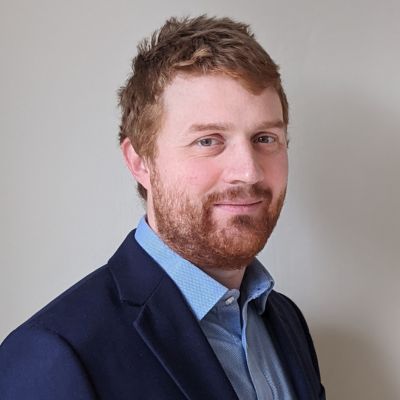The eagerly awaited decision in Sky v. SkyKick did not disappoint. Having now had time to digest and discuss the decision more fully, what does it mean for trademark law and practice in the UK? Is it the start of a welcome and radical change or a more muted tweak to existing rules?
As is appropriate for a decision issued just after Bonfire night, the proceedings started with a bang and an unexpected twist. Skykick was handed down despite the parties having settled. The UK Intellectual Property Office (UKIPO) made an application to the court on the basis that it was considered important enough to the intellectual property system. With conflicting approaches at the High Court and Court of Appeal, with the latter being particularly large business-friendly, clarity from the Supreme Court is helpful.
The main part of the decision serves to widen the scope of bad faith invalidity claims. It confirms that bad faith can be alleged where there are “objective, relevant, and consistent indicia” that a trademark specification is overly broad. This can be either due to the number of products and services listed or due to the sweeping and broad nature of those terms. This alone is not, however, enough. The Supreme Court makes clear that context remains important. Aggressive enforcement strategies against applications/use of seemingly unrelated goods and services to the challenging party’s commercial area will be a relevant factor. Those enforcing rights need to consider more focused oppositions rather than “kitchen sink” approaches.
The decision also puts broad trademark protection under the spotlight. The days of adding extra terms, “just in case,” are numbered. The registry clutter will finally start to clear.
Trademark aficionados will remember the months following the IP Translator case several years ago. The practice of using class headings and very broad terms (to the point of obscurity) halted, with a rather stressful period of having to amend specifications lest rights be lost.
This decision does not go that far but does build on that era. It seems unlikely that immediate changes to specifications will be needed.
However, the decision raises the possibility that some terms are – while providing a degree of certainty – just too broad. Computer Software is one such term, but are there others? Context will be key in deciding. It will be challenging to create a blanket rule. To take an extreme example, is “clothing,” a very standard term, unclear? Following this decision and the importance it places on context, maybe. A wedding dress shop that has only ever traded as such and is now seeking trademark protection for the first time could face difficulties. A large clothing retailer with their ranges, less so.
While the UKIPO could allow matters to resolve themselves through invalidation actions, the Tribunal section is already extremely busy, and one suspects they will not appreciate an influx of more complicated bad-faith actions.
Instead, it is hoped that the UKIPO will issue guidance on the decision. A new list of terms that are no longer acceptable in their broad form is needed. Future applicants will need to be more specific.
It would be good to see Skykick used in this way as an opportunity to tighten the examination of trademark applications. Historically, the UKIPO was willing to question longer specifications and although this has stopped in recent years, this decision provides an opportunity to pivot back to that practice. It would not be entirely dissimilar to the practice in Japan, whereby too many terms often give rise to questions from the Registry. I do not suggest this go to the same extent as the practice in the US of requiring extremely detailed and narrow terms. A midpoint between the US and the current UK approach would be preferable.
Opposition practice should also change to require Opponents to specify the sub-category of the broader goods on which they rely. Oppositions based on an entire specification could, in this way, receive pushback. Such a move would help challenged parties understand the case against them and avoid the potential flood of bad-faith actions. This would build on current registry practice to request further details.
Ultimately, Skykick is to be welcomed. It leaves a degree of uncertainty as to how it will be implemented, but with the right application, it could herald an era of clearer trademark registrations, more easily understood. This result, in turn, will address the issue of trademark clutter. It will also serve to caution the more broad-brush enforcement strategies – to enforce in such a way opens the door to bad-faith invalidation.

Written by Peter Vaughan
Chartered Trade Mark Attorney and Associate Professor at Nottingham Law School
You may also like…
EUIPO and UANIPIO welcome the integration of Ukraine’s trademarks into TMview
The European Union Intellectual Property Office (EUIPO) and the Ukrainian National Office for Intellectual Property...
Jägermeister succeeds in opposing the EU trademark application Alten Kräuterfrau for alcoholic beverages
Mast-Jägermeister SE filed an opposition on the grounds of Article 8(1)(b) – likelihood of confusion between the signs...
INTA’s Brand & New podcast wins prestigious w3 Award for “Inside the Dupe Revolution” series
New York, New York—October 14, 2025—The International Trademark Association (INTA) is proud to announce that its...
Contact us to write for out Newsletter













